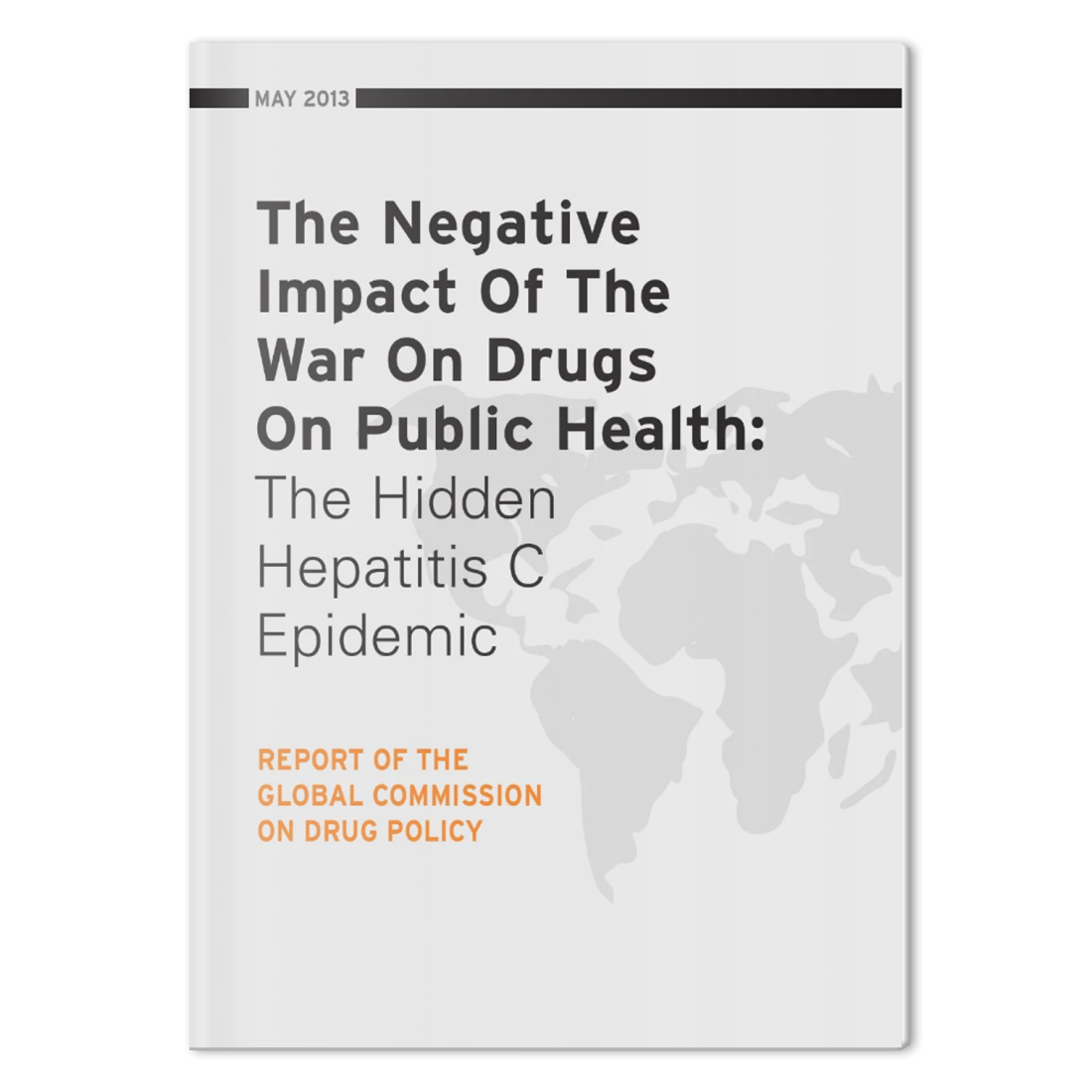The Negative Impact of the War on Drugs on Public Health: The Hidden Hepatitis C Epidemic
Hepatitis C is a highly prevalent chronic viral infection which poses major public health, economic and social crises, particularly in low and middle income countries. The global hepatitis C epidemic has been described by the World Health Organization as a ‘viral time bomb’, yet continues to receive little attention. Access to preventative services is far too low, while diagnosis and treatment are prohibitively expensive and remain inaccessible for most people in need. Public awareness and political will with regard to hepatitis C are also too low, and national hepatitis surveillance is often non-existent. The hepatitis C virus is highly infectious and is easily transmitted through blood-to-blood contact. It therefore disproportionately impacts upon people who inject drugs: of the 16 million people who inject drugs around the world, an estimated 10 million are living with hepatitis C.
View PDF


